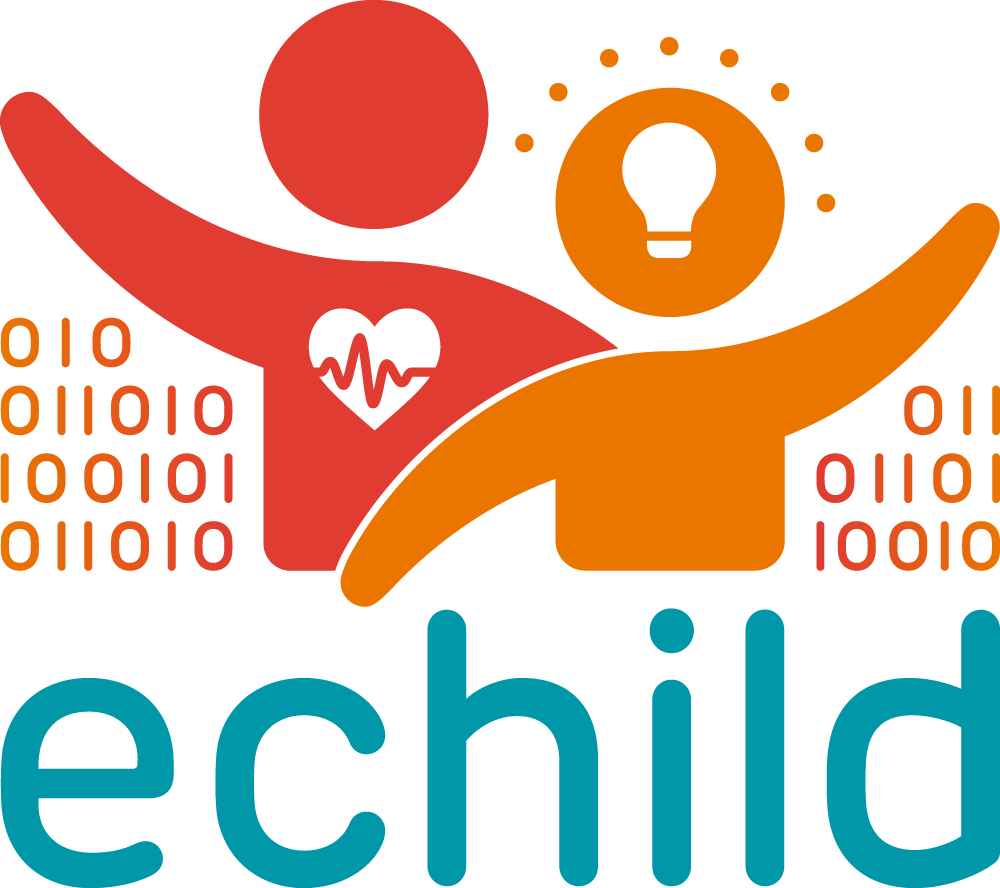ECHILD Outputs Requirements
Citing the ECHILD Database
Publishing or presenting your research
ECHILD Outputs refer to any publication, report, presentation, or other forms of dissemination that result from the analysis of ECHILD data. These outputs may include peer-reviewed journal publications, book chapters, reports for government departments or funders, internal reports, working papers, published presentations, news pieces, blog posts, audio interviews, and any materials that communicate findings derived from the ECHILD database.
Outputs must adhere to strict data disclosure controls and acknowledgement requirements as outlined in the data governance agreements with NHS England (NHSE) and the Department for Education (DfE) as outlined below.
Output Requirements
1. Outputs must be reviewed and approved by the Office for National Statistics (ONS) before release for dissemination to ensure compliance with statistical disclosure rules.
2. Outputs must include the following statements as defined by NHSE, DfE, the ONS and ECHILD funders:
a) “The ECHILD Database uses data from the Department for Education (DfE). The DfE does not accept responsibility for any inferences or conclusions derived by the authors.”
b) “This work uses data provided by patients and collected by the National Health Service as part of their care and support. Source data can also be accessed by researchers by applying directly to NHS England.”
c) “We are grateful to the Office for National Statistics (ONS) for providing the trusted research environment for the ECHILD Database. ONS agrees that the figures and descriptions of results in the attached document may be published. This does not imply ONS' acceptance of the validity of the methods used to obtain these figures, or of any analysis of the results.”
d) “The DfE, NHSE and ONS do not accept responsibility for any inferences or conclusions derived by the authors. The views in this publication do not necessarily reflect the views of UCL.”
3. Outputs must recognise the contribution of children and families whose de-identified data were used:
“We thank all the children, young people, parents and carers who contributed to the ECHILD project. We gratefully acknowledge all children and families whose de-identified data are used in this research.”
4. Citing the ECHILD database:
University College London, released 30 July 2024, ONS SRS Metadata Catalogue, dataset, Education and Child Health Insights from Linked Data - England, https://doi.org/10.57906/j1gr-gm30
DOI: https://doi.org/10.57906/j1gr-gm30
5. Acknowledge the ECHILD Database team:
“We would like to acknowledge the contribution of the wider ECHILD Database support and programme management.”
6. Include ECHILD funding statement:
“ECHILD is supported by ADR UK (Administrative Data Research UK), an Economic and Social Research Council (part of UK Research and Innovation) programme.”
7. Include ECHILD Ethical approval statement:
“Ethical approval for the ECHILD project was granted by the National Research Ethics Service (17/LO/1494), NHS Health Research Authority Research Ethics Committee (20/EE/0180 and 21/SW/0159) and is overseen by the UCL Great Ormond Street Institute of Child Health’s Joint Research and Development Office (20PE16).”
8. Researchers must notify and provide details in writing of all publications to UCL ([email protected]) and the Department for Education ([email protected]) at least 14 days in advance of publication.
9. Researchers must report ECHILD outputs to ONS by emailing to [email protected].
10. Drafts of any press releases must be circulated to UCL. UCL reserves the right to publish press releases on certain articles and expects the lead author of an article to agree with the press release and to be available to deal with media.
11. UCL reserves the right to request any changes to any intended publication 15 days prior to publication if it does not comply with the terms of the License Agreement or contains confidential information.
12. Researchers must report yielded benefits of the research to UCL and NHS England during each annual review.
If you have any questions or need clarifications on the above, please contact the ECHILD inbox at [email protected]


